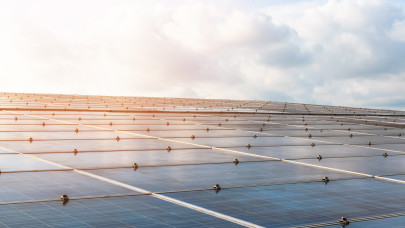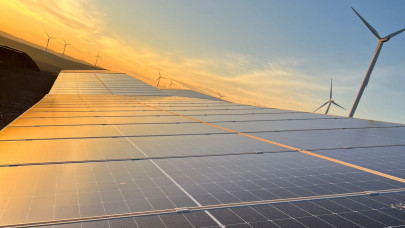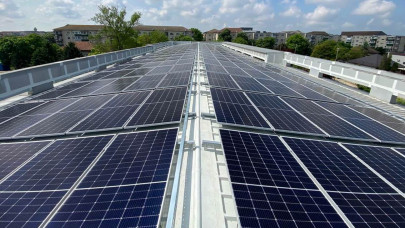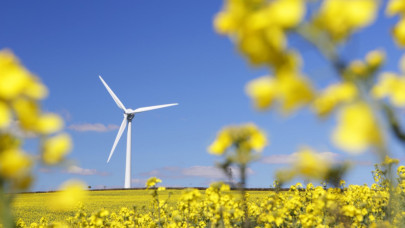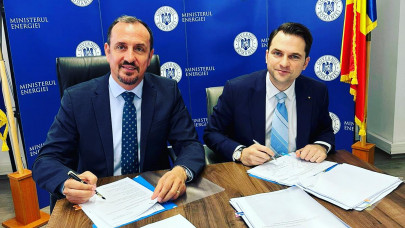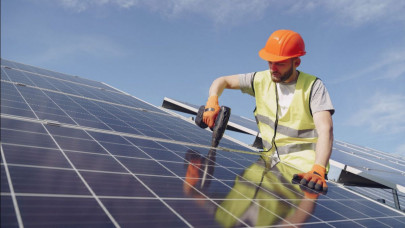In turn, the energy transition, necessary to achieve emission reduction targets, but also to have alternative sources to imports from Russia, reveals several deficiencies in the way prices are set on wholesale markets, in which they are regulated networks, and the costs for end users are calculated.
"The energy crisis has highlighted just a few of the challenges facing energy providers worldwide in times of uncertainty and transition, challenges that will intensify as they try to achieve climate neutrality (net zero) goals. In many countries of the world, the regulatory framework is not yet well structured to enable the investments that are urgently needed for the energy transition. That is why new regulations are needed to address the biggest challenges: the increase in demand for transport capacity, the financing and feasibility of future investments, the authorization process, the resilience of supply chains, and the availability of the workforce", explains Dinu Bumbăcea, Country Managing Partner PwC Romania.
In mid-March 2023, the European Commission proposed reforming the EU electricity market to boost production from renewable sources, protect consumers from future price increases and potential market manipulation, and enhance industrial competitiveness.
Most countries in Europe have set ambitious targets for reducing their carbon dioxide emissions to zero, but most governments are only now beginning to understand the scale of the infrastructure investment projects required to build sufficient renewable energy capacity and what financial support for these projects.
Moreover, electricity providers now realize that they need to increase investment in infrastructure and production, as well as rethink how they provide energy, but also how and when it should best be consumed by businesses and the population.
"A recent analysis by PwC, based on data from the International Energy Agency (IEA), shows that renewable energy production should increase eightfold compared to the level of 2021, and annual investments in distribution systems should triple, for achieving global climate neutrality by 2050. Governments have a key role in setting policies and permitting regimes, reducing the time needed to approve and develop projects, and providing incentives for investment. Romania can benefit from significant investments for the energy transition, the amount of co-financing from PNRR and the amounts from the Modernization Fund exceeding €16 billion for areas such as renewable energy, replacing coal, production and use of green hydrogen, nuclear energy, high-efficiency cogeneration, biofuels, the modernization of the energy infrastructure", added Dinu Bumbăcea.



